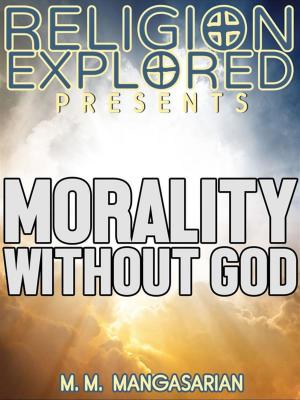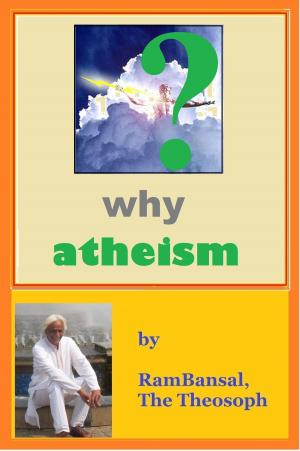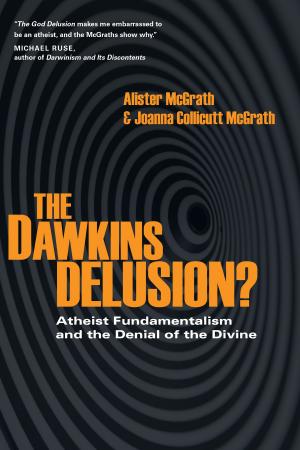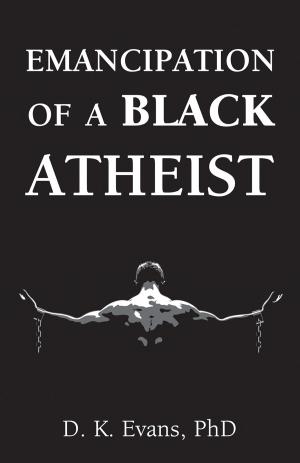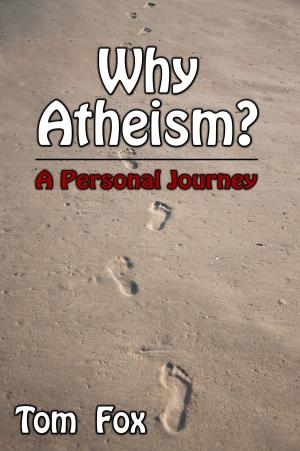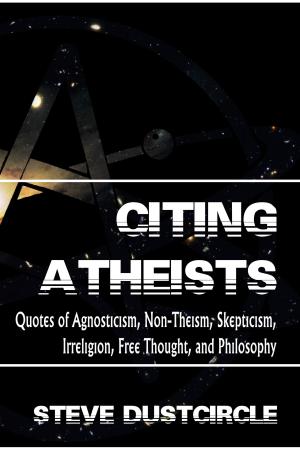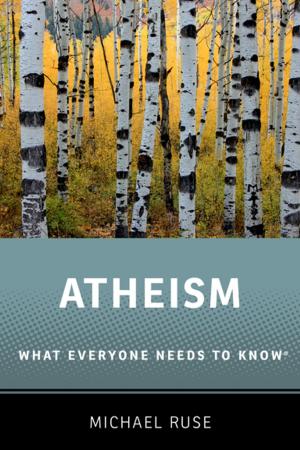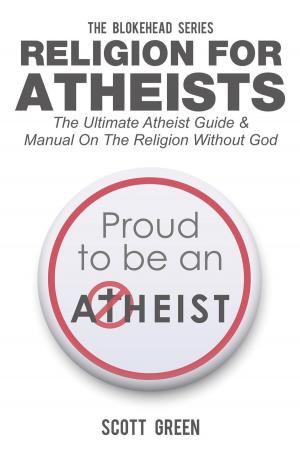| Author: | Garrett Glass | ISBN: | 9781370730315 |
| Publisher: | Garrett Glass | Publication: | March 13, 2017 |
| Imprint: | Smashwords Edition | Language: | English |
| Author: | Garrett Glass |
| ISBN: | 9781370730315 |
| Publisher: | Garrett Glass |
| Publication: | March 13, 2017 |
| Imprint: | Smashwords Edition |
| Language: | English |
Who Cut God’s Hair is like no other book you have read about God, religion, atheism, or questions regarding the creation of the universe. Author Garrett Glass isn’t fundamentally interested in whether God exists. He is interested in where God comes from, and the basic premise of this book is simple: we’ve all known God and we’ve all experienced heaven, in our infancy and early childhood years. It was our parents who appeared to us as God-like figures – all-powerful, all-knowing, all-loving, always-present creators. Glass uses newly-available research from a variety of fields - neuroscience, psychology, anthropology, evolutionary biology, and comparative mythology – to make his case that our infant and childhood experiences provide us an internal impetus for belief in God as adults. He then summarizes all this research by providing a unique and persuasive model describing how most people come to an adult belief in God.
This alone would make for an interesting and unusual book, but that is only the first part of Who Cut God’s Hair. As Glass points out, belief in God may be the default position for mankind, but it is not hard-wired in any of us, and so he spends the second and third parts of the book investigating religion, prayer, faith, and alternatives to belief in God and religion, such as humanism, agnosticism, and atheism. At all times, he is respectful of those who believe in God and practice religion, though he also shows us the psychological costs of God-belief.
If you want more than just the ordinary arguments about God’s existence; if you wish to understand how God-belief is generated; if you see value in God-belief and religion; if you acknowledge that the different paths of disbelief in God have equal value; and if you are curious how all of this affects you – Who Cut God’s Hair is a wonderful accompaniment on your own investigation into life’s biggest questions.
Who Cut God’s Hair is like no other book you have read about God, religion, atheism, or questions regarding the creation of the universe. Author Garrett Glass isn’t fundamentally interested in whether God exists. He is interested in where God comes from, and the basic premise of this book is simple: we’ve all known God and we’ve all experienced heaven, in our infancy and early childhood years. It was our parents who appeared to us as God-like figures – all-powerful, all-knowing, all-loving, always-present creators. Glass uses newly-available research from a variety of fields - neuroscience, psychology, anthropology, evolutionary biology, and comparative mythology – to make his case that our infant and childhood experiences provide us an internal impetus for belief in God as adults. He then summarizes all this research by providing a unique and persuasive model describing how most people come to an adult belief in God.
This alone would make for an interesting and unusual book, but that is only the first part of Who Cut God’s Hair. As Glass points out, belief in God may be the default position for mankind, but it is not hard-wired in any of us, and so he spends the second and third parts of the book investigating religion, prayer, faith, and alternatives to belief in God and religion, such as humanism, agnosticism, and atheism. At all times, he is respectful of those who believe in God and practice religion, though he also shows us the psychological costs of God-belief.
If you want more than just the ordinary arguments about God’s existence; if you wish to understand how God-belief is generated; if you see value in God-belief and religion; if you acknowledge that the different paths of disbelief in God have equal value; and if you are curious how all of this affects you – Who Cut God’s Hair is a wonderful accompaniment on your own investigation into life’s biggest questions.



